Congratulations On Your Engagement! After the excitement of your engagement, you likely explored wedding websites, social media, blogs, and magazines. If you’re now feeling overwhelmed by an endless array of checklists and decisions, it might be time to consider hiring a professional wedding planner.
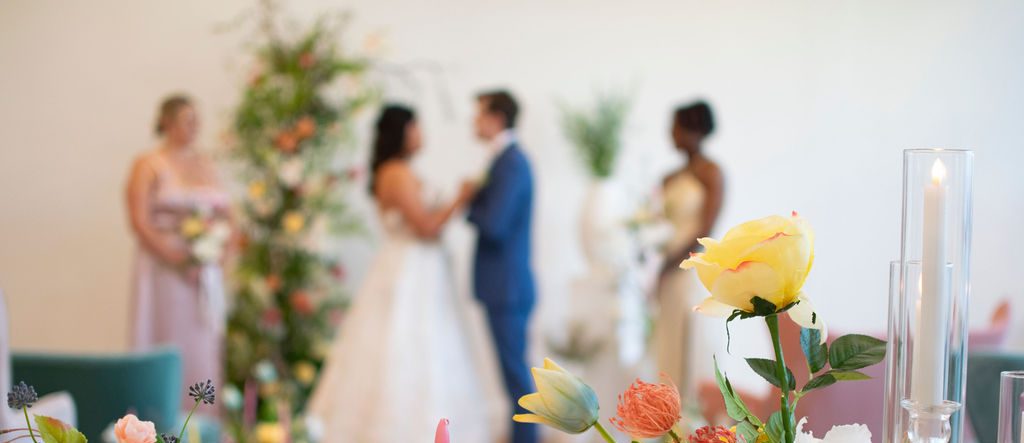
Before you and your fiancé meet with potential wedding planners, it’s important to have the following details sorted out:
- Budget: Know how much you can spend.
- Guest Count: Have a rough estimate of the number of invitees.
- Wedding Date: Have a preferred date or a few options.
- Wedding Vision: Think about what you want your wedding to be like. (If you’re unsure, don’t worry—one of the reasons for hiring a planner is to help clarify your vision.)
Based on your needs and budget, you might choose to hire:
- A full-service planner to handle all aspects of the wedding.
- A planner to assist with selecting the venue and vendors only.
- A day-of coordinator (typically starts working 30 days before the event).
Note that many venues have in-house coordinators who manage day-of logistics and offer a list of preferred vendors. However, an independent planner can provide more comprehensive support.
Choosing the right wedding planner is essential for a successful big day. They’ll help bring your vision to life, manage logistics, and address any issues that come up. Curious about the questions to ask? We’ve got you covered. Scroll down to see the full list, and be sure to download your printable PDF!

Availability and Experience
Do you have our wedding date available?
Confirm that your wedding date is open on their calendar. If it is, ask if they foresee any issues with the date. For instance, certain times of the year might pose challenges such as adverse weather conditions, high travel demands for guests, or conflicts with popular venues.
What inspired you to become a wedding planner?
Understanding their motivation provides insight into their passion and commitment. Their answer can reveal whether they genuinely enjoy the creative and logistical aspects of wedding planning or merely view it as a business opportunity.
Can you describe the most challenging wedding you’ve planned and how you handled it?
This question helps gauge their experience with complex or difficult situations. Look for answers that demonstrate their ability to stay calm under pressure, think creatively, and effectively resolve issues.
How would you rate your problem-solving skills?
Their self-assessment will give you a sense of their confidence and competence in addressing unexpected issues. Problem-solving is a key skill in wedding planning, so their ability to manage challenges effectively is crucial.
How would you rate your communication skills?
Clear and effective communication is vital for a smooth planning process. This question assesses how well they will convey information, coordinate with vendors, and keep you informed throughout the planning process.
How long have you been in business?
Longevity can be a sign of reliability and experience. Additionally, confirm they have a valid business license, which is a basic requirement for operating legally and professionally.
Do you have a business license?
Asking a wedding planner if they have a business license is important because it ensures they are operating legally and professionally. A license usually means they follow industry standards, have insurance coverage, and run a stable business. This helps protect you from potential issues and confirms their legitimacy.
How many full-scale weddings have you planned?
Experience with full-scale weddings demonstrates their capability to handle all aspects of wedding planning. Ask when their last wedding was to ensure they are currently active and engaged in the field.
How many wedding clients do you take on annually and specifically during our wedding month?
This helps you gauge their workload and availability. If they take on too many clients, they might not be able to devote adequate attention to your wedding.
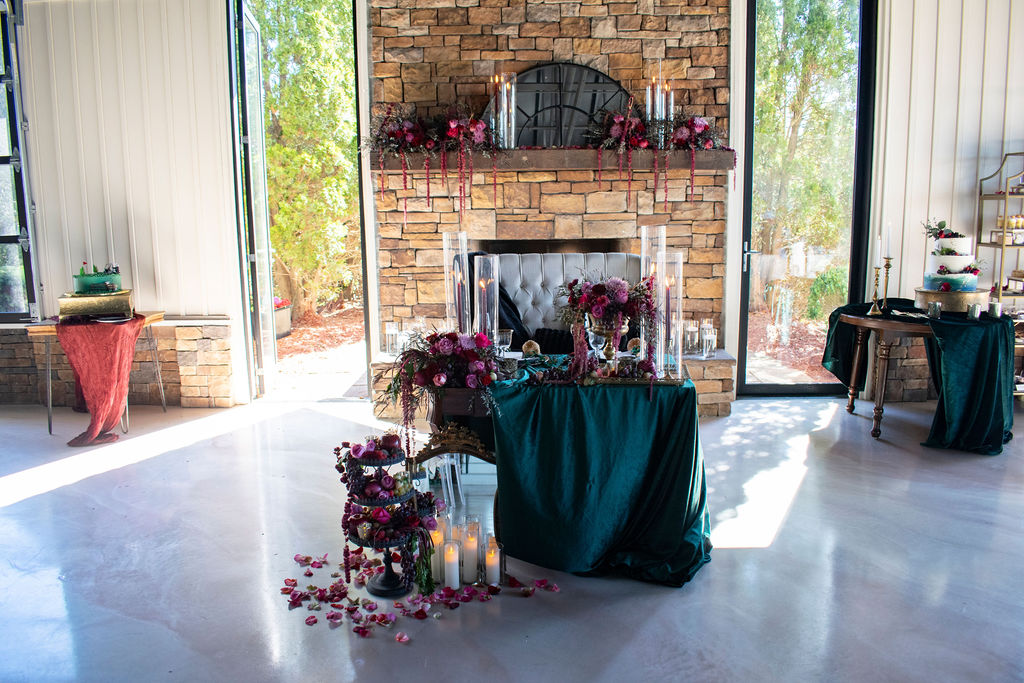
Venue and Vendor Management
Have you ever worked at our chosen venue?
Experience with your venue can be advantageous, as they’ll be familiar with its layout, restrictions, and logistics. If they haven’t worked there before, ask if they are willing to do a site visit and get acquainted with the venue.
If our event is outdoors, what is your contingency plan for bad weather?
Outdoor weddings require a solid backup plan for adverse weather conditions. A well-thought-out contingency plan ensures that your event can proceed smoothly even if the weather doesn’t cooperate.
Are we required to book only the vendors you recommend?
Clarify if you have the freedom to choose your own vendors or if you must use their recommendations. Some planners have preferred vendor lists, but it’s important that you have flexibility if you have specific preferences.
Do you take a commission or discount from any vendors you refer?
Transparency about whether they receive compensation from vendors can help you avoid potential conflicts of interest. It’s important that their recommendations are based on the best fit for your needs, not on financial incentives.
Will you be present at all vendor meetings and assist with reviewing contracts?
Confirm whether they will attend meetings with vendors and help you review contracts. This ensures that all details are managed professionally and that you’re protected from any unfavorable terms.
How will vendor payments be handled?
Clarify whether you’ll pay vendors directly or through the planner. Understanding this process helps you manage your budget and ensures that all payments are made on time.
If issues arise with vendors, will you handle them, or are we responsible?
It’s important to know if your planner will manage any disputes or issues with vendors or if you will need to handle these problems yourself.
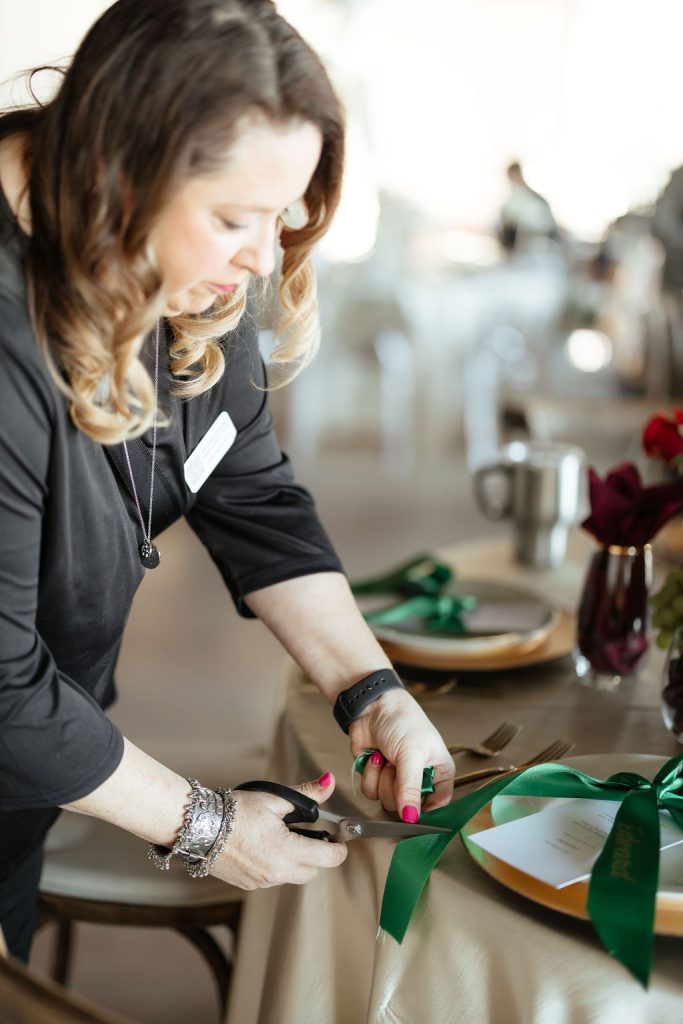
Planning Services and Customization
What kind of planning do you offer?
Determine if they provide logistical planning (e.g., managing timelines and floor plans) or full-service planning, which includes design and execution. This helps you understand the scope of their services.
If you only do logistical planning, can you refer us to a designer?
If their services are limited to logistics, ask for recommendations for a designer who can help bring your vision to life. Many planners specialize in either logistics or design, so it’s important to get both aspects covered.
Will you handle every aspect of planning, or are there tasks we’ll be responsible for?
Clarify which tasks the planner will manage and which ones you’ll need to handle. This will ensure that there are no surprises and that responsibilities are clearly defined.
Will you be on-site on the wedding day, or will it be another planner?
Confirm who will be present on the wedding day and how many assistants they will have. It’s important that the planner you’ve been working with is the one overseeing your event.
In case of an emergency, who will be the backup planner?
Ensure there is a qualified backup in case the primary planner is unavailable due to unforeseen circumstances. Ask about their qualifications and experience.
What time will you arrive and depart on the wedding day?
Understanding their schedule helps coordinate the day’s events and ensure that everything runs smoothly.
Will you stay after the wedding to ensure everything is broken down and vendors leave?
Verify that the planner will manage post-wedding tasks, including overseeing the breakdown of the event and ensuring that all vendors have completed their responsibilities.
Will you provide a timeline and floor plan for the wedding?
A detailed timeline and floor plan are essential for organizing the event’s flow and ensuring that everything is set up as planned.
Do you offer different package options, or is everything customized?
Understand whether they offer predefined packages or tailor their services to your specific needs. This helps you select a plan that aligns with your requirements and budget.
How many meetings and phone calls are included in our package?
Confirm the level of communication included in your package. Knowing how many meetings and calls are included helps manage your expectations and the planning process.
Is the wedding day rehearsal included in your services?
Ensure that the rehearsal, which is crucial for organizing the flow of the ceremony, is part of the planning services.
Do any of your packages include planning the rehearsal dinner or post-wedding brunch?
If you have additional events, check if they are included in your package or if they can be added for an extra fee.
Do any packages include honeymoon planning or assistance with finding attire?
If you need help with honeymoon planning or selecting wedding attire, verify if these services are included or available for an additional cost.

Contract and Payment
How quickly can we expect to receive the contract after booking?
Timely receipt of the contract ensures that you can review and finalize the details promptly.
Will you provide a breakdown of our budget allocation?
A detailed breakdown of how your budget will be allocated helps you understand where your money is going and ensures that it’s managed effectively.
Will you update us with revised estimates and contracts if changes are made?
Ensure that the planner will provide updated estimates and contracts as changes occur, keeping you informed of any adjustments.
How do you charge for your services?
Determine if they charge an hourly rate, a percentage of the wedding cost, or a flat fee. Understanding their fee structure helps you manage your budget.
Can you provide a detailed list of what is included in your fee?
A detailed list of included services prevents misunderstandings and ensures you know exactly what you’re paying for.
What is your payment policy?
Confirm if they accept credit cards and understand the payment schedule to ensure that financial transactions are smooth.
How much of a deposit is required, and when is the final payment due?
Clarify the deposit amount and final payment due date to manage your budget and financial planning.
Are there any additional fees not included in your proposal?
Be aware of any potential additional fees that may not be covered in the initial proposal.
What is your refund or cancellation policy?
Understanding the terms for cancellations and refunds ensures you’re aware of your options if plans change.
Can you provide references and a portfolio of past weddings?
Request references from past clients and a portfolio of their work to evaluate their experience and the quality of their services.
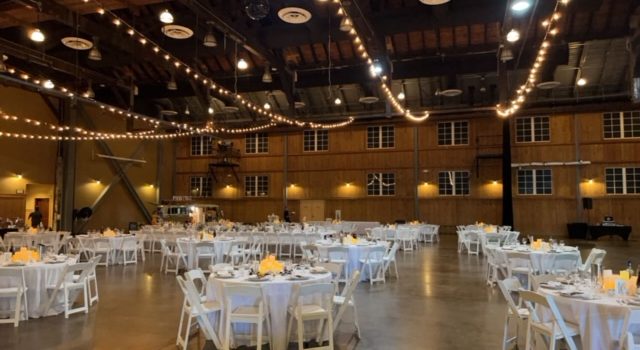
After the Interviews: Reflect and Decide
Once you’ve interviewed the planners you’re considering, it’s time to reflect and make your final decision. Here are some steps to guide you:
- Review Your Notes: Go through your notes from each meeting and compare their responses. Evaluate how well each planner’s answers align with your vision and needs.
- Assess Personal Connection: Consider how comfortable you felt with each planner. A strong rapport is crucial for a smooth planning process.
- Check References: Contact the references provided to get a clearer picture of each planner’s strengths and potential areas of concern.
- Vision Alignment: Reflect on whether the planner truly understands and aligns with your vision for the wedding.
- Evaluate Portfolios: Revisit their portfolios to determine whose work best matches your wedding style and vision.
- Budget and Logistics: Assess practical aspects like availability, budget, and the range of services offered. Ensure they can work within your budget.
Trust your instincts. If something feels off, the planner might not be the right fit. Since you’ll be working closely with them, it’s essential to choose someone you and your fiancé feel comfortable with.
Hiring a planner may increase your expenses, they can often save you money, significantly reduce stress, and save time—benefits that are well worth it. By asking these thorough questions and considering the answers carefully, you’ll be on your way to finding a wedding planner who meets your needs and shares your vision for your special day.
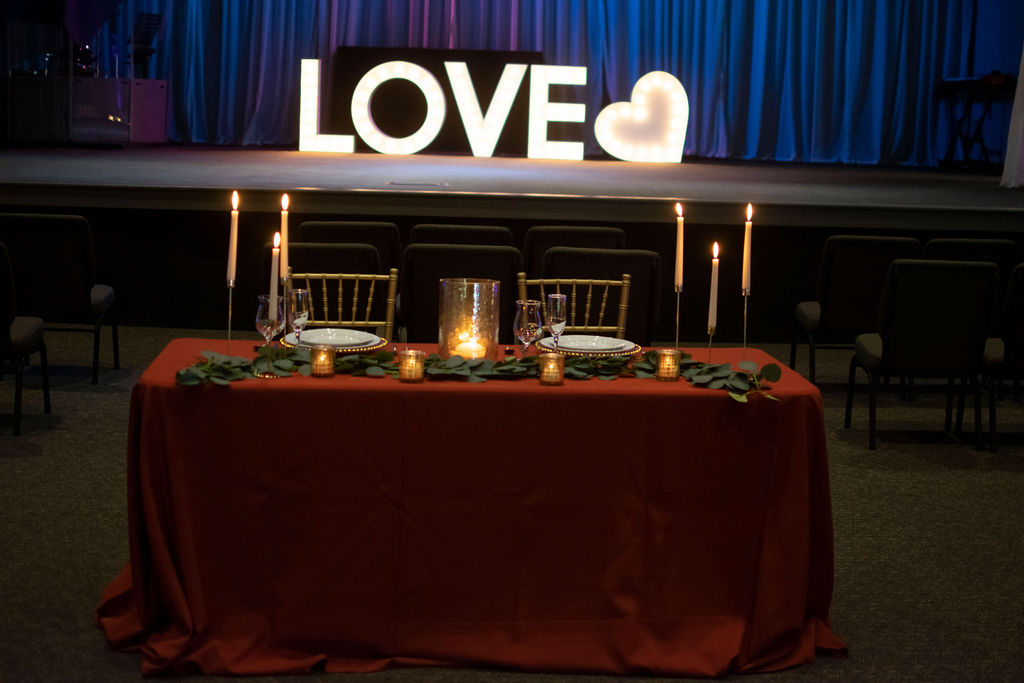
Happy Planning!

